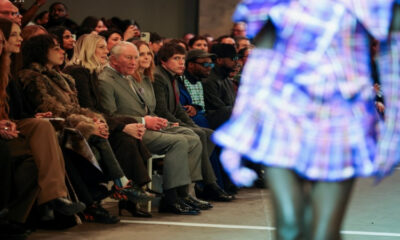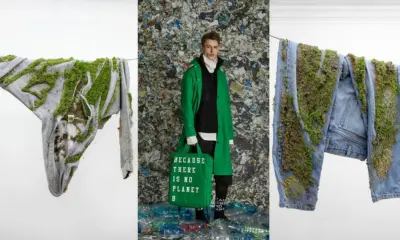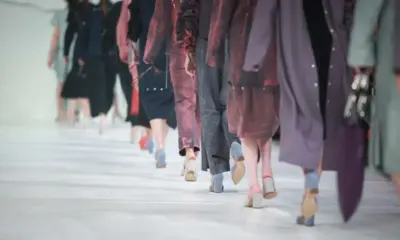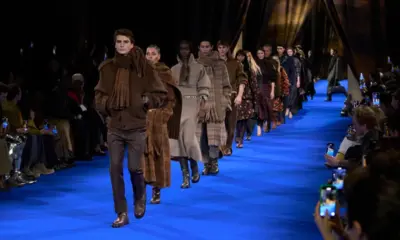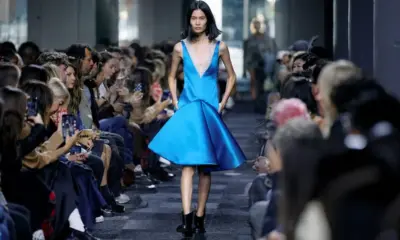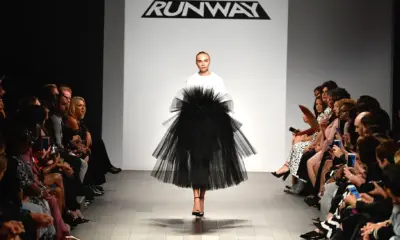Fashion
London Fashion Week 2025: Sustainability and AI Take Center Stage
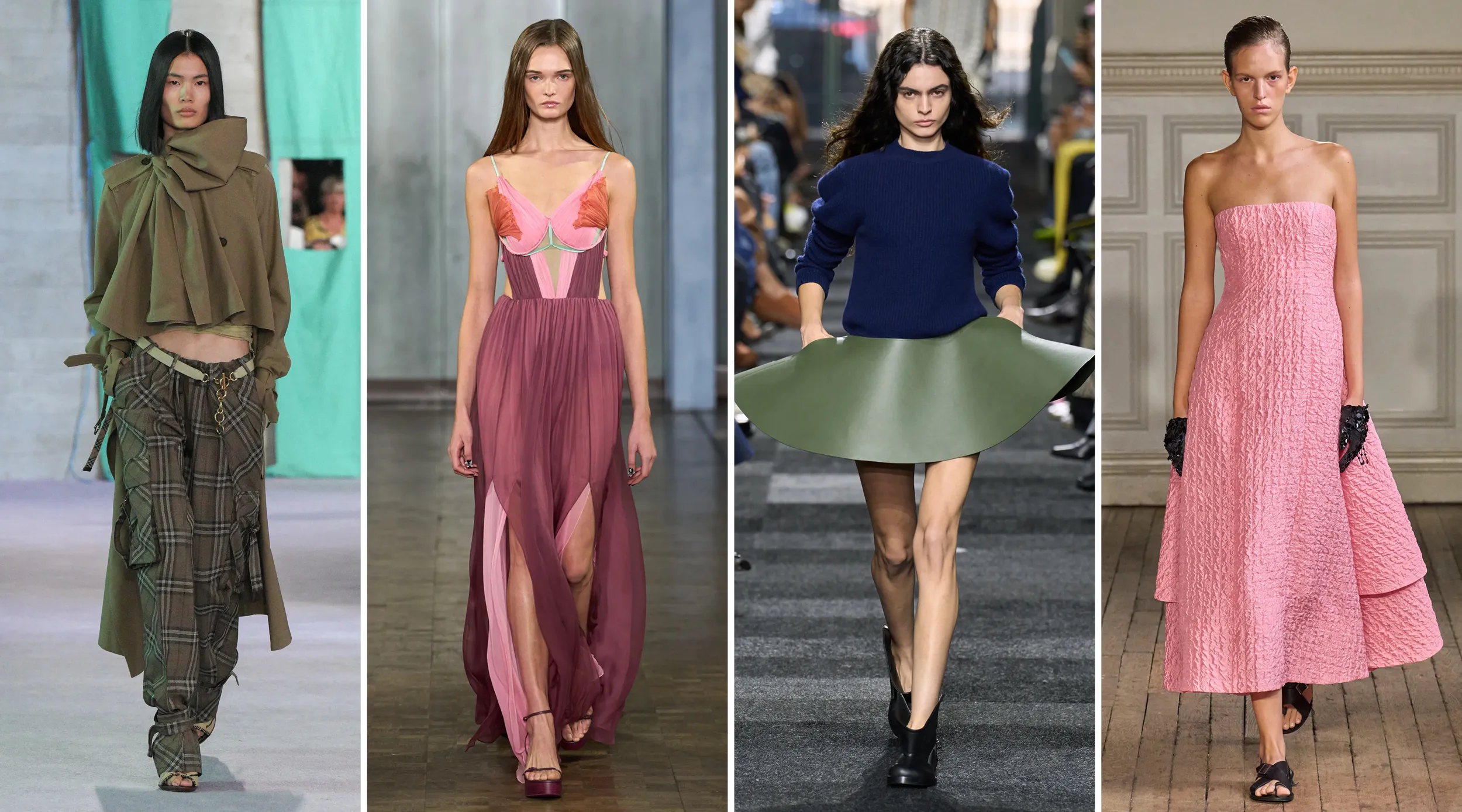
London Fashion Week 2025 has set a new tone for the global fashion industry one defined by sustainability, digital innovation, and inclusivity. As the world’s attention turned to the capital this February, designers and brands showcased a future where creativity meets consciousness. From AI-assisted design studios to upcycled haute couture, London reaffirmed its place as a global trendsetter driving change through technology and ethics.
Sustainability Redefined on the Runway
Sustainability wasn’t just a theme it was the backbone of this year’s event. The British Fashion Council (BFC) partnered with the UK Department for Business and Trade to promote eco-friendly production across the industry. Nearly 70% of featured collections used recycled fabrics, organic materials, or plant-based textiles. Designers such as Stella McCartney, Phoebe English, and rising eco-creator Aaron Esh led the charge with innovative techniques that blend luxury with responsibility.
McCartney’s new line used lab-grown leather and algae-based dyes, while Esh presented an all-digital collection designed using AI-generated pattern simulations, reducing waste in the prototyping process. Meanwhile, sustainability advocates highlighted the economic side Britain’s sustainable fashion market, valued at £8.3 billion, is growing at over 9% annually, supported by consumer demand for transparency and traceability.
AI and Digital Design Transform the Industry
Artificial intelligence was another standout. For the first time, the London Fashion Council’s Innovation Hub hosted a live demonstration of AI fashion co-creation, where algorithms assisted designers in producing collections in real time. The technology analyzed color trends, climate impact, and material availability, helping designers align creativity with sustainability metrics.
Brands like Burberry, Vivienne Westwood, and JW Anderson experimented with 3D-printed accessories and virtual model fittings, signaling the industry’s shift toward digital-first production pipelines. Experts predict that AI will reduce waste by up to 30% and speed up design cycles, allowing British fashion houses to compete with fast-fashion rivals while maintaining craftsmanship quality.
Beyond design, London’s tech influence extended to retail. Startups at the Fashion Futures Pavilion showcased blockchain-based garment passports, letting customers trace every stage of a product’s life from fabric sourcing to resale. Fashion-tech venture funding in the UK surpassed £1.1 billion in 2024, underscoring investor confidence in the fusion of design and data.
Cultural Diversity and Global Influence
London Fashion Week also celebrated diversity, with over 40% of runway participants representing designers of color or international backgrounds. Collections incorporated influences from Africa, South Asia, and the Middle East, reflecting London’s multicultural DNA.
The closing show, themed “Future Heritage,” featured collaborations between British design students and artisans from developing countries, promoting cross-cultural exchange and ethical sourcing. According to Vogue Business, this global integration model could become the new norm for high-end fashion in the post-pandemic world.
Conclusion
London Fashion Week 2025 proved that the city remains the heartbeat of global fashion innovation where artistry, ethics, and algorithms intersect. With sustainability and AI shaping every stage of design and production, British fashion is leading a movement toward creativity with conscience. The world is watching London not just for trends, but for transformation.

